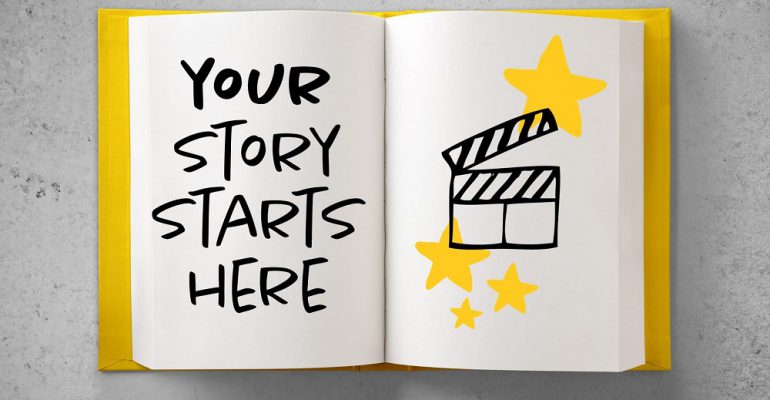Why is your story being told now?
Why is your story being told now?
You will soon learn that as you begin to write.
Our experiences in life teach as many lessons and we alone can tell our unique story by penning it down. Most of us block out our everyday surroundings, and close our eyes to interesting details which we have learned to take for granted.
Begin to see, hear, smell and taste with the impression of newness by making a full use of your senses and discover amazing things in your surroundings. For example, you might describe many specific details of a spotted bird with red wings and tail. Consider how you have grown very fond of your neighbors, but your dog’s unpleasant barks warn you of them.
Remember past events of some of the exciting or frustrating events in your life when as a kid you munched watermelon bit by bit with your chubby older sister to sharing the same squeaky bed with her.
Start to see freshly your own experience and look back at past events in your life. You’ll find your story taking shape and pilot the events in a character’s life in the order in which they lead to a climax. For instance, after thirteen years you sat up till two in the morning pondering how his unfortunate letter broke the new relationship which might in more fortunate circumstances lasted for a lifetime.
Search closely your room; suddenly you may discover some of the things in your room look unfamiliar to you, and a few of things may seem entirely alien. Have you taken notice of a tiny crack in the wall of your bathroom approaching the window at right angles to show a wing?
Explore reading and writing as a means of self-discovery or a way of making meaningful sense of the world and how we are living it. Writing on Track Competition welcomes submission of creative content including short stories, art work (paintings, photography) and poetry. Winner has his or her story published on SEEDS blog with amazing prices.
Thematic contents include:
- Race and Culture: Celebrations, Clashes, Diversity
- Childhood and Young Adulthood
- Ethics, Judgment, Conduct
- Religion and Spirituality
- Mathematic & Science
- Building Construction & Engineering
- Sports & music


